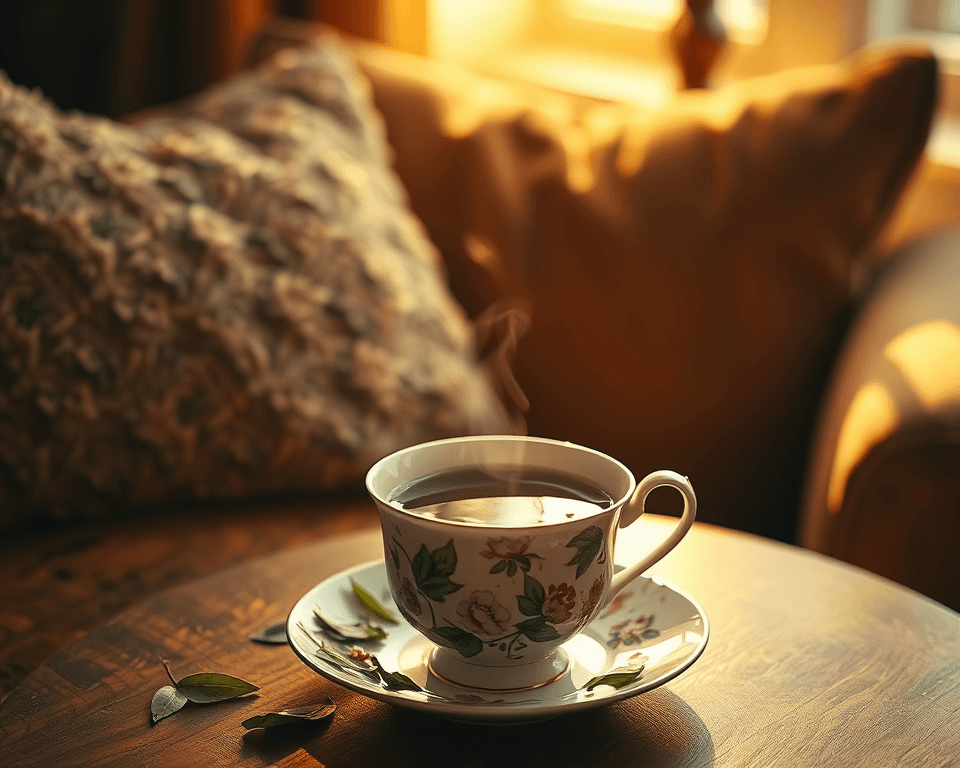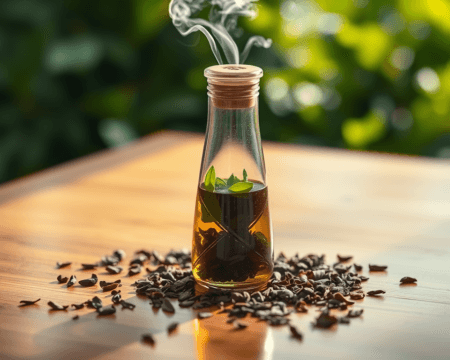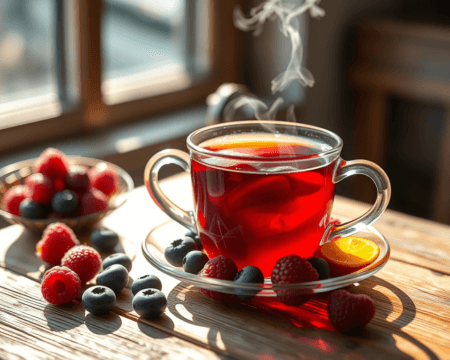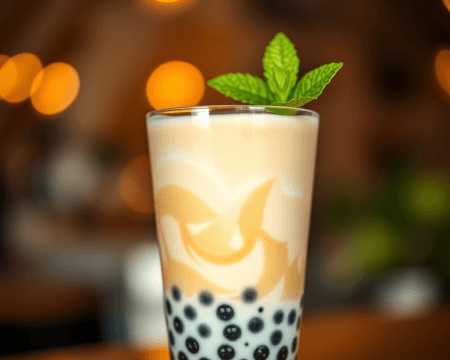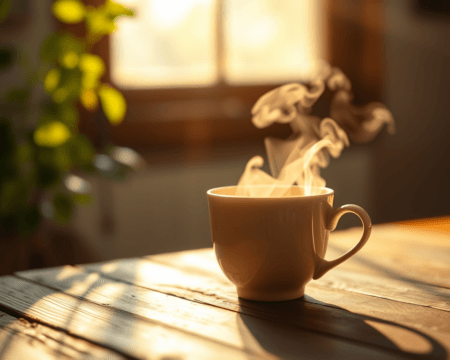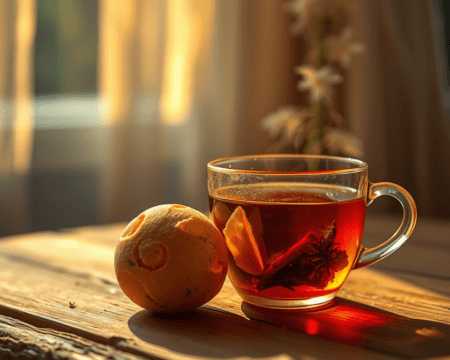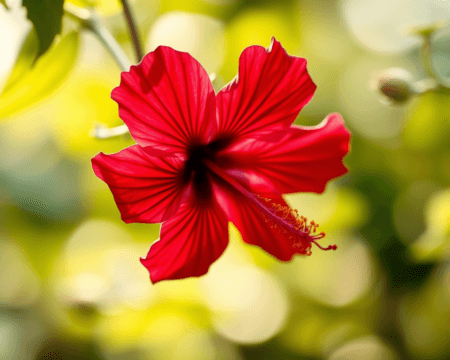Imagine this: after a long, hectic day, you finally settle into your cozy chair, wrapped in a blanket, and your mind drifts toward the calming warmth of a steaming cup of tea. But wait—how much Sleepytime Tea can you actually enjoy before it becomes too much of a good thing? No one wants to overshoot their relaxation goals and end up tossing and turning all night. So, let’s cut through the noise and get into the nitty-gritty of Sleepytime Tea, its benefits, limits, and everything in between!
Key Takeaways
- Sleepytime Tea is made with calming herbs like chamomile and valerian root, promoting relaxation and better sleep.
- Experts generally suggest keeping your intake to 2-3 cups per day, depending on individual tolerance.
- Be aware of potential side effects, such as drowsiness or gastrointestinal discomfort, especially if you’re on medication.
- Individual factors like weight, sensitivity, and health conditions can influence your optimal tea intake.
- Comparing Sleepytime Tea with other herbal options can help you find the best fit for your nighttime routine.
Understanding Sleepytime Tea
What is Sleepytime Tea?
This is not just any tea; this is the nighttime favorite for those of us looking to wind down after a busy day. Sleepytime Tea is primarily made with herbal infusions that coax your mind and body into a state of relaxation. Think of it as a bedtime beverage that’s rich in chamomile, a gentle powerhouse known for its calming effects. When combined with other herbs like valerian root and passionflower, it turns into a dream team cocktail designed to put sleep issues to rest.
Curiosity piqued? Most Sleepytime Teas blend calming ingredients. Here’s the scoop:
- Chamomile: This floral delight is the star player, bursting with sleep-inducing compounds that help relieve anxiety.
- Valerian Root: Famous for promoting sleep, this root can have a sedative effect on some folks.
- Passionflower and Lemon Balm: These little miracles are known for their relaxing properties, taking the edge off stress.
Now, that’s a recipe for sweet dreams!
Active Ingredients and Their Benefits
Understanding the key components of Sleepytime Tea helps shed light on why you might want to keep it close to your bedside.
- Chamomile: Well-studied and beloved, chamomile can reduce anxiety levels and is thought to improve sleep quality significantly.
- Valerian Root: Known for its earthy flavor, valerian root is like a natural sedative in the herbal tea world. Many studies shout its praises for promoting relaxation.
- Passionflower: Used traditionally, this herb is more than just a pretty face. It’s renowned for easing anxiety, making it another stellar addition to our sleepy blend.
- Lemon Balm: This herb not only smells delightful, but its calming properties make it a fundamental ingredient in any sleep aid.
When you sip on Sleepytime Tea, you’re not just enjoying a soothing beverage—you’re inviting a crew of natural sleep aids into your evening routine.
Recommended Daily Limits for Sleepytime Tea
Expert Recommendations on Consumption
So, here’s the million-dollar question: How much Sleepytime Tea can you drink safely? Experts generally suggest sticking to 2-3 cups a day. That’s about 16 to 24 ounces, giving you enough herbal goodness without overdoing it. More than that could lead to potential pitfalls, including drowsiness or even some gastrointestinal issues for the sensitive types out there.
However, let’s break this down a bit more. If you’re starting your Sleepytime journey, I recommend beginning with one cup about 30 minutes before bed. Pay attention to how you feel. If you find yourself sleeping like a baby, you could safely add in another cup earlier, perhaps during your evening wind-down routine.
Factors Influencing Individual Tolerance
Here’s where it gets personal. Everyone’s body reacts differently, and several factors can play into how much Sleepytime Tea is right for you. Consider these points next time you get that tea craving:
- Body Weight: Larger body types may process herbs differently compared to smaller frames. A friend of mine who weighs more finds he can enjoy three cups without a hitch, while his leaner partner prefers just one.
- Pre-existing Conditions: If you’re dealing with conditions like insomnia or anxiety, your tolerance may shift. Some may find even one cup hits the spot perfectly, while others might need two or more.
- Pregnancy: If you’re expecting, it’s wise to proceed with caution. Talk to a healthcare provider about what’s appropriate.
- Caffeine Sensitivity: Believe it or not, some herbal strings come with their quirks. While Sleepytime is caffeine-free, not all herbal teas are created equal. Know what you’re brewing!
Understanding these nuances will help you figure out your perfect Sleepytime amount.
Potential Side Effects of Sleepytime Tea
Common Side Effects and Allergies
While it’s largely considered a safe herbal tea choice, let’s not ignore that Sleepytime can come with its quirks. The most commonly reported side effects include:
- Drowsiness: Obviously a pro for a bedtime tea, but it can catch you off guard if you don’t plan your schedule right. Don’t sip before tackling heavy machinery!
- Gastrointestinal Issues: For some, a strong brew might trigger some tummy troubles. If you notice this frequently, consider cutting back.
- Allergic Reactions: Though rare, some may experience headaches or skin reactions. If you’re new to herbal teas, pay attention to how your body responds.
Always consult with your healthcare provider if you’ve got concerns, especially if you’re taking medications that could clash with these herbs.
Benefits of Consuming Sleepytime Tea
The benefits of drinking Sleepytime Tea extend far beyond merely falling asleep. When consumed thoughtfully, this herbal blend can:
- Enhance Sleep Quality: Many users report faster sleep onset and fewer interruptions. I can vouch for this after trying it consistently—my sleep became a top-tier experience.
- Support Stress Relief: After a demanding day, sipping this tea can act as a gentle hug to your nerves.
- Natural Calming Agents: These ingredients may promote an overall sense of well-being and tranquility, transforming your evenings into a serene ritual.
When we nestle into our nighttime routine with a comforting mug of Sleepytime Tea, it’s like wrapping a cozy blanket around one’s entire being—pure bliss!
Comparing Sleepytime Tea with Other Herbal Teas
Sleepytime Tea vs. Other Popular Herbal Teas
Now, if you’re like me, you’ve probably wondered how Sleepytime Tea stacks up against the numerous herbal warriors out there. Let’s take a quick look:
- Valerian Tea: Direct competitor and cousin to Sleepytime, but it can have a more potent effect. If you find Sleepytime a bit light, give valerian a try.
- Lavender Tea: Another upscale sleep option, lavender tea is aromatic and soothing, but it tends to have a more subtle effect than Sleepytime’s carefully curated blend.
- Peppermint Tea: More about digestion than sleep, but that fresh flavor can be a refreshing evening choice.
- Hibiscus Tea: This vibrant tea is great for relaxation and may even help lower blood pressure, but it doesn’t hold a candle to Sleepytime in the sleep department.
So if you’re on the fence about which herbal tea to choose, consider what you want—as a nightcap, Sleepytime is hard to beat!
Safety and Effectiveness of Alternative Options
It’s essential to have choices. Whether you opt for something caffeine-free like Sleepytime or go wild with something a little more adventurous, remember to check in with yourself. Alternative sleep aids might include over-the-counter melatonin, but nothing’s quite as cozy as a warm cup of herbal tea right before bed.
The takeaway? Stick to Sleepytime if your goal is immediate relaxation, but feel empowered to explore other options like chamomile and valerian teas if you want variety in your sleep ritual.
Drinking Sleepytime Tea isn’t just a cup of tea—it’s a commitment to embracing natural remedies that help ease anxiety and calm your restless mind. So go ahead, brew that lovely blend, and enjoy the peaceful surrender to sleep. Your cozy corner awaits!
Frequently Asked Questions
What are the main ingredients in Sleepytime Tea?
Sleepytime Tea primarily includes chamomile, valerian root, and other calming herbs like peppermint and lemongrass. These ingredients work together to promote relaxation and improve sleep quality.
How long does it take for Sleepytime Tea to work?
Many people report feeling relaxed within 30 to 60 minutes after drinking Sleepytime Tea. However, the time it takes can vary based on individual tolerance and metabolism.
Can I drink Sleepytime Tea every night?
Yes, most people can safely drink Sleepytime Tea every night. However, it’s always best to listen to your body and consult with a healthcare provider if you experience any side effects or have ongoing concerns.
Is Sleepytime Tea safe for children?
Sleepytime Tea is generally considered safe for children, but it’s best to consult a pediatrician before giving it to younger kids, especially those under 12.
Can Sleepytime Tea interact with medications?
Yes, Sleepytime Tea may interact with certain medications, particularly sedatives or antihistamines. Always consult your healthcare provider if you’re taking medications and considering adding herbal teas to your routine.
What are the alternatives to Sleepytime Tea for sleep aid?
Alternatives to Sleepytime Tea include other herbal teas like lavender or passionflower, as well as supplements such as melatonin. Each option has unique properties, so exploring them may help you find what works best for you.
How should I prepare Sleepytime Tea for best results?
For optimal results, steep Sleepytime Tea bags in hot water for 5-7 minutes. Covering the cup while steeping can enhance flavor and benefits by trapping the steam.
Can I add sweeteners to Sleepytime Tea?
Yes, you can add honey, agave, or other natural sweeteners if desired. However, be mindful of the quantity, as sugar can potentially disrupt sleep.
What are the potential side effects of Sleepytime Tea?
Some individuals may experience drowsiness, gastrointestinal discomfort, or allergic reactions. It’s important to start with a small amount and monitor your body’s response, especially if you’re new to herbal teas.




